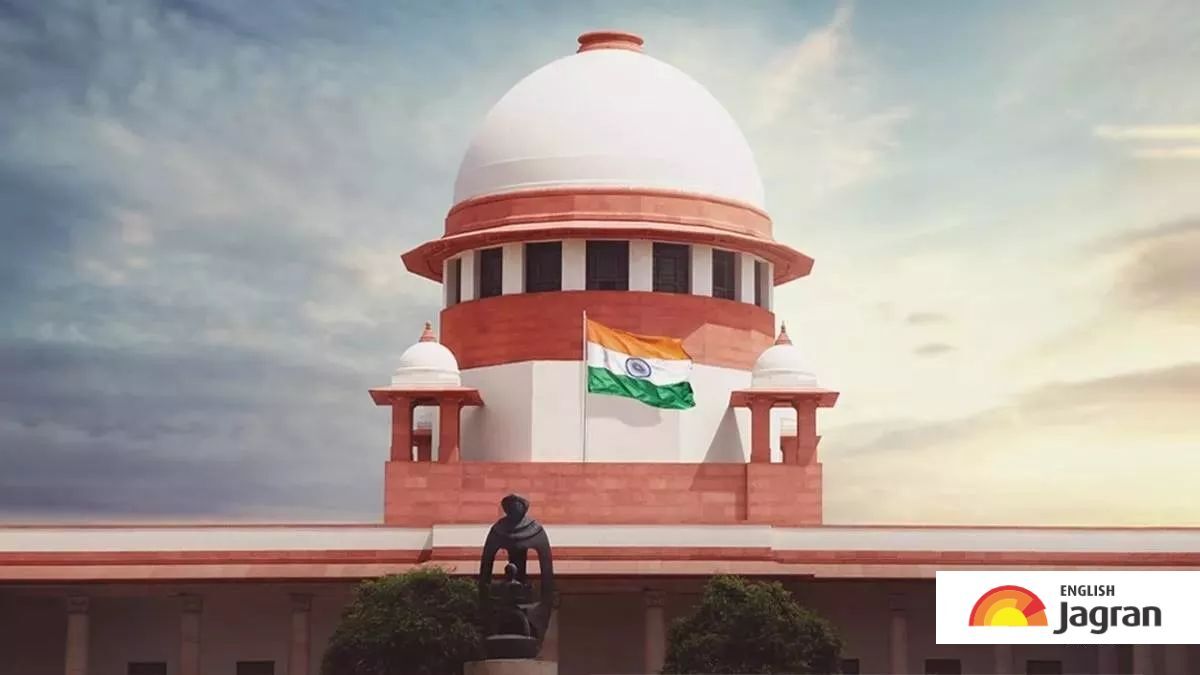- By Mayukh Debnath
- Mon, 11 Dec 2023 06:59 AM (IST)
- Source:JND
Article 370 Supreme Court Verdict: A five-judge Supreme Court Constitutional bench led by Chief Justice of India DY Chandrachud will on Monday (December 11) deliver its verdict on a batch of petitions challenging the abrogation of Article 370 and bifurcation of the erstwhile state of Jammu and Kashmir into two Union territories. The hearing in the matter took place over a span of 16 days.
The petitioners have challenged the 2019 revocation of the special status granted to J&K and the subsequent reorganisation of the erstwhile state into two union territories by parliamentary procedure on several grounds. Below are some of the more prominent grounds on which the petitioners have based their arguments around the legality of the abrogation of Article 370:
'Constitutional Fraud'
The petitioners submitted before the apex court that Article 370 was supposed to be a temporary provision and only the Jammu & Kashmir constituent assembly was empowered to take any decision regarding its abrogation. The petitioners argued that since the constituent assembly of J&K ceased to exist on January 26, 1957, no constitutional process was available anymore to alter the status of Article 370.
The pleas opposing the abrogation of Article 370 by the Parliament have alleged "constitutional fraud" on the basis of the aforementioned argument. The counsel appearing for the petitioners contended that the Parliament did not have the power to assume the position of the legislature of J-K in order to facilitate the abrogation of Article 370, as Article 354 of the Constitution does not authorise such an exercise of power.
Internal Sovereignty
The Jammu & Kashmir People's Conference, one of the petitioners in the case, argued before the SC bench that only an instrument of accession was signed between India and the erstwhile princely state of Jammu & Kashmir in 1947 and not a merger agreement. Hence, as per the Sajjad Lone-led party's argument, no transfer of sovereignty ever took place and, therefore, the autonomy of J&K was sacrosanct.
Centre's Counter
The Prime Minister Narendra Modi-led central government in its submission before the Supreme Court said that J&K was not the only state whose accession to India was through instruments of accession, saying that the sovereignty of many other princely states that joined India post-independence in 1947, with conditionalities and after their merger, was subsumed in the sovereignty of India.
(With inputs from ANI)
